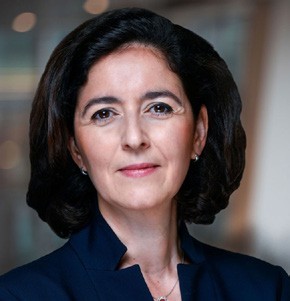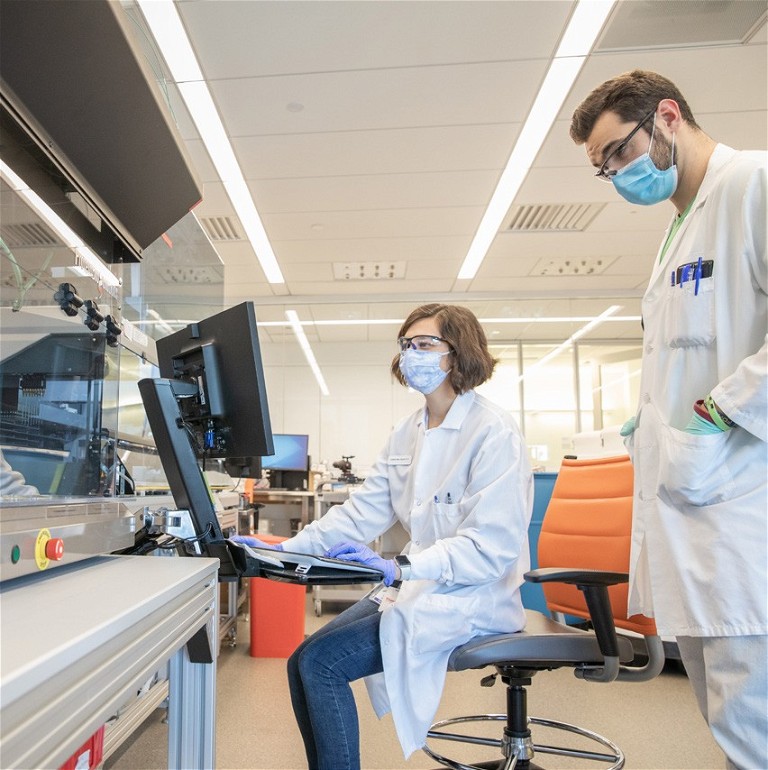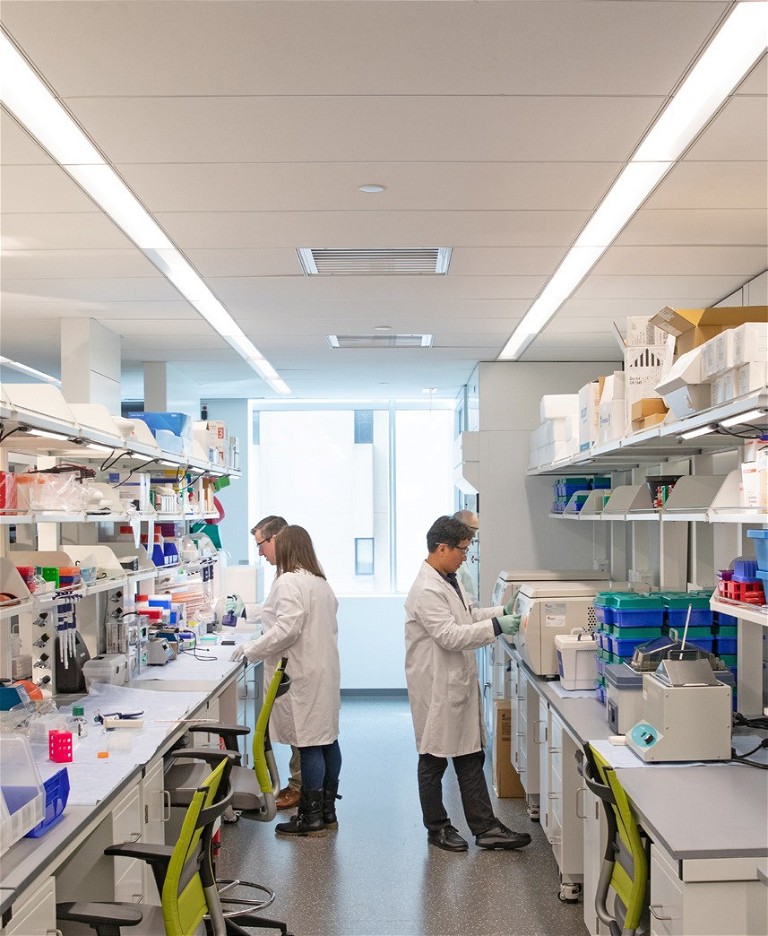Thought Leader
2024: a tipping point for progress in rare diseases?

Soraya Bekkali from Alexion, AstraZeneca Rare Disease, explains why the EU must act in 2024 to tackle the health equity crisis that people living with rare diseases face every day
2024 will be a critical year to address the profound unmet needs and inequities faced by people living with rare diseases. With a new Parliament and Commission to decide upon a revised mandate, now is the time to work together to call for policies that will support rare disease innovation and improve lives for decades to come.
Approximately 400 million people around the world live with a rare disease.1 As a community they face a host of inequities, from the difficulty of receiving an accurate diagnosis – which on average takes over five years – to the challenges of getting specialised care within a rare disease ecosystem that is complex and requires significant development.2 There are no treatment options for more than 90% of the 10,000 known rare diseases and, even for diseases where a treatment exists, patients too often encounter barriers to the care they need.3,4,5
In numerous conversations with stakeholders from across the rare disease community, the determination to deliver progress and achieve greater health equity for people living with rare diseases was abundantly clear, as was the urgent need for a resourced and co-ordinated EU Action Plan on Rare Diseases. What was – and remains – far less clear is how proposed revisions to the EU pharmaceutical legislation will deliver or accelerate advancements to ensure we can meet the needs of the rare disease community.

History shows us that policy matters for progress
The Orphan Medicinal Products (OMP) regulations introduced in 2000 represented a political commitment to address the lack of research and development and resulting inequity of care in rare diseases. Offering incentives to drug manufacturers, the OMP has become the catalyst for an era of rare disease innovation. Prior to the introduction of the regulations, only eight orphan medicines were available in the EU; by January 2023, that number had risen to 231 authorised medicinal products.6
More than 20 years after it was introduced, it’s time for the OMP to be updated. With this update, the European Commission aims to make medicines more accessible, available and affordable. However, stakeholders across the rare disease community have raised concerns that the proposed changes may not achieve these goals – and may even hinder future progress.

Ensuring that future policies tackle health equity and drive innovation
To achieve long-term change, it is essential that policies drive continued innovation and investment in research around rare diseases. The proposed changes to the incentives provided to drug manufacturers in Europe, including shortening data and market exclusivity periods, will impact the clinical and economic viability of researching and developing new treatments. This in turn will undermine the objective of improving accessibility and affordability of rare disease treatments. In fact, the European Federation of Pharmaceutical Industries and Associations (EFPIA) predicts that the current proposals could deprive around 1.5 million rare disease patients of a novel treatment option over the next 15 years in Europe.7
Crucially, pharmaceutical legislation must be advanced in tandem with wider, immediately impactful policies to enable earlier, faster and more accurate diagnosis. They should encourage the use of digital technologies, especially artificial intelligence to accelerate innovation. And this should all be done within a framework that provides consistent availability across countries, regions and hospitals.8
The time to act is now
When policy decisions have the potential to impact the rare disease ecosystem for decades to come, we must work together to ensure they will deliver positive change. We have a once-in-a-generation opportunity to shape policies that will accelerate the discovery of new medicines and leverage technologies to improve diagnosis. We must not be bystanders and allow this opportunity to pass us by. Let’s speak up and come together to make a difference for people living with rare diseases.
References
- Visit: globalgenes.org/rare-disease-facts/
- Visit: rarediseases.org/wp-content/uploads/2020/11/NRD-2088-Barriers-30-Yr-Survey-Report_FNL-2.pdf
- Fermaglich L J and Miller K L, (2023) ‘A comprehensive study of the rare diseases and conditions targeted by orphan drug designations and approvals over the forty years of the Orphan Drug Act’, Orphanet Journal of Rare Diseases 18:163
- Visit: rarediseases.info.nih.gov/about
- Visit: rare-x.org/wp-content/uploads/2022/05/be-counted-052722-WEB.pdf
- Visit: ema.europa.eu/en/documents/report/annual-report-use-special-contribution-orphanmedicinal-products-2022_en.pdf
- Visit: efpia.eu/media/tigiq5g5/revision-ofthe-orphan-regulation-estimated-impact-onincentives-for-innovation-of-changes-proposedby-the-european-commission.pdf
- Visit: download2.eurordis.org/rare2030/Rare2030_recommendations.pdf
Soraya Bekkali MD is senior vice president, Commercial International at Alexion, a global biopharmaceutical company focused on developing life-changing therapies for people living with rare diseases. She is also a member of the Board of Directors for EuropaBio, Europe’s largest biotech industry group.